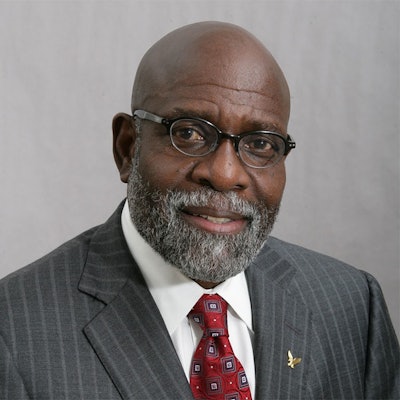On September 11th, the day many people refer to as 9/11, I celebrated a major milestone in life: I turned 75 years of age! I suspect many people reading this column may wonder, “what’s the big deal?” After all, millions of people around the world live to be even older. Well, if the males in your family are not blessed with the “longevity gene,” you may not fully appreciate the significance of my milestone. Reaching this milestone without suffering the debilitating effects of the health disparities that disproportionately and prematurely claim the lives of Black men is nothing short of miraculous. My grandfather died at age 71, my father at 69, and several of my brothers died before turning 75. So for me to reach 75 is indeed a significant milestone.
To gain a deeper understanding of the life expectancy of Black men compared to White men, I encourage you to take the time to review the National Center for Health Statistics Life Expectancy, compiled annually by the Centers for Disease Control and Prevention (CDC). Not only will your own understanding be enhanced, but we can all use those data, along with others, to develop and implement strategies designed to promote wellness and healthier lifestyle practices among Black men. Until I reviewed some of the CDC data, I did not know that the life expectancy of Black males at birth and at age 65, is six and nine years, respectively, lower than that of White men.  Dr. Charlie Nelms
Dr. Charlie Nelms
In the months leading up to my milestone birthday, while on my daily walks, I spent time reflecting on some of the most important lessons I’ve learned on life’s journey, whether in the cotton fields of the Arkansas Delta, or while lobbying elected officials on behalf of students attending the universities I was privileged to lead.
Below are just a few of the lessons I wish to share with aspiring university leaders, especially those who are inspired to lead MSIs or institutions that serve significant numbers of first-generation students. I offer these lessons without explanation or prioritization, but with the hope that they will provoke other leaders to think about those they might wish to pass along:
- Do not confuse who you are with what you do—or what you have.
- Do not confuse being educated with having a degree.
- Life is to be lived, not planned.
- Work-life balance requires much practice to perfect.
- Time is our most important asset, and it can never be recovered.
- Do not spend all the money you earn.
- Remember that everyone can be a philanthropist.
- Do not squander your energy on anger; never give anyone that much control over you.
- Do not mistake an acquaintance for a friend.
- Leadership is an opportunity for service, not personal aggrandizement.
- Remain humble and grateful for the opportunities you have.
- Make self-care a priority; running on empty is not a sustainable way of living.
- Memorize some poetry, for the care of your soul, a vital part of self-care.
- Life’s demand is not that we be perfect, but only that we grow.
- Do something every day that brings you genuine joy, growing heart and soul.
- Live your life with integrity, authenticity, and passion.
- Hope is what drives winter from the soul and sustains us, until spring arrives.
- Remember that others have sacrificed and died so that you can vote.
- Believe in a power, a source, and a force greater than yourself.
- Leave the world better than you found it—and inspire others to do the same.
I suspect many of us have heard the adage that it is not the length of one’s life that matters, but rather the quality. However, I reject the binary choice! As a leader whose years exceed the life expectancy for Black males at birth, I’ll take that lap around the university track. I’ll keep doing my part to remain intellectually curious, physically active, and professionally engaged in activities that add value to those in my orbit, and to planet earth. Here’s an open invitation to all those who wish to join me in this voyage!
Dr. Charlie Nelms is the chancellor emeritus at North Carolina Central University. You can follow him on Twitter @CharlieNelms.
















